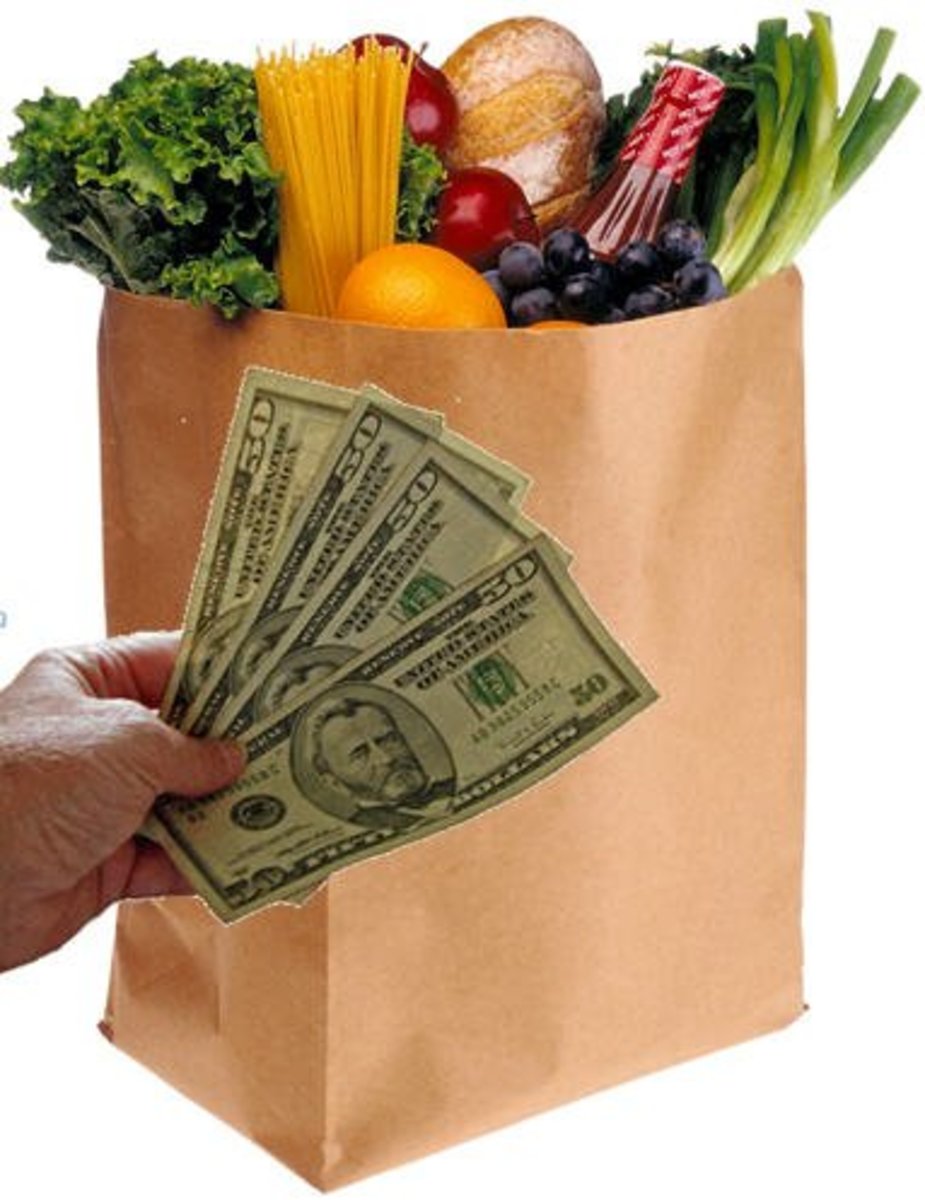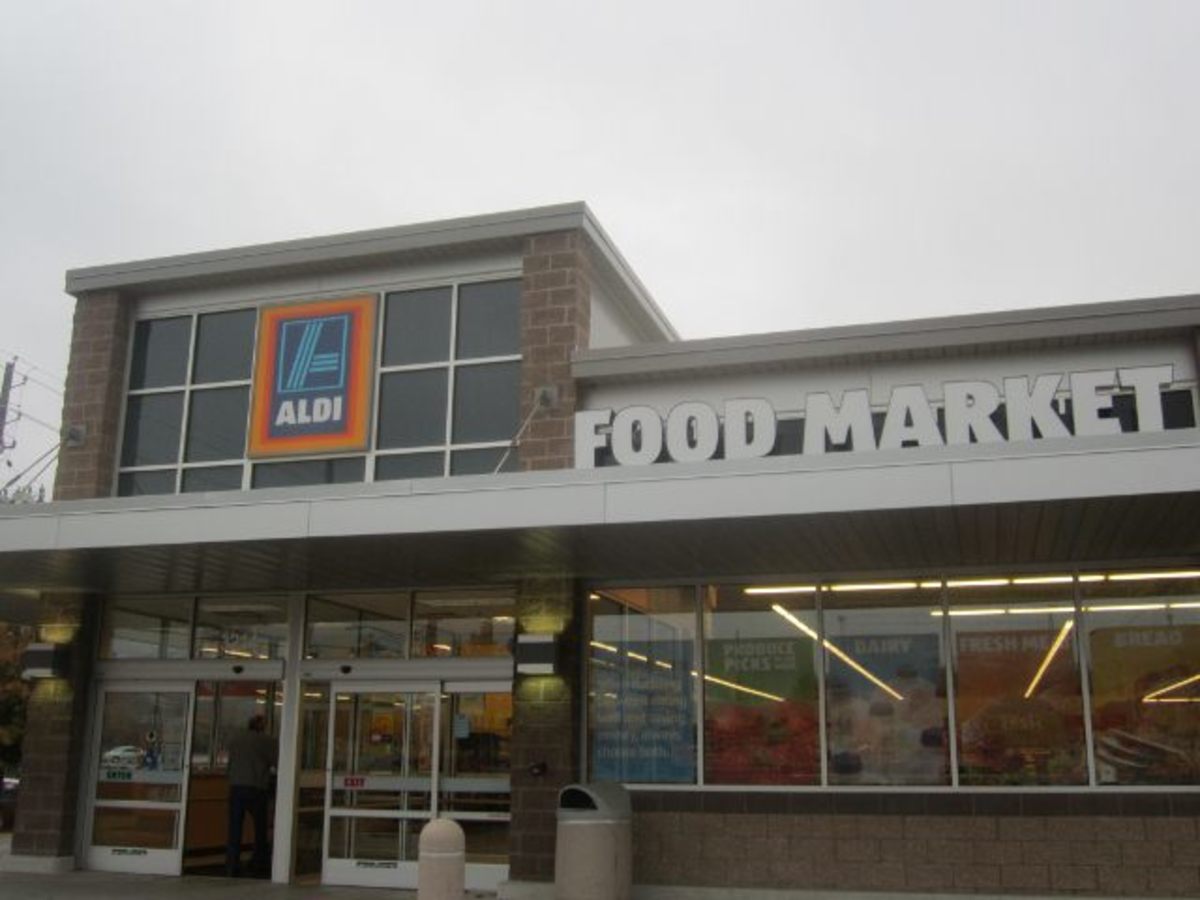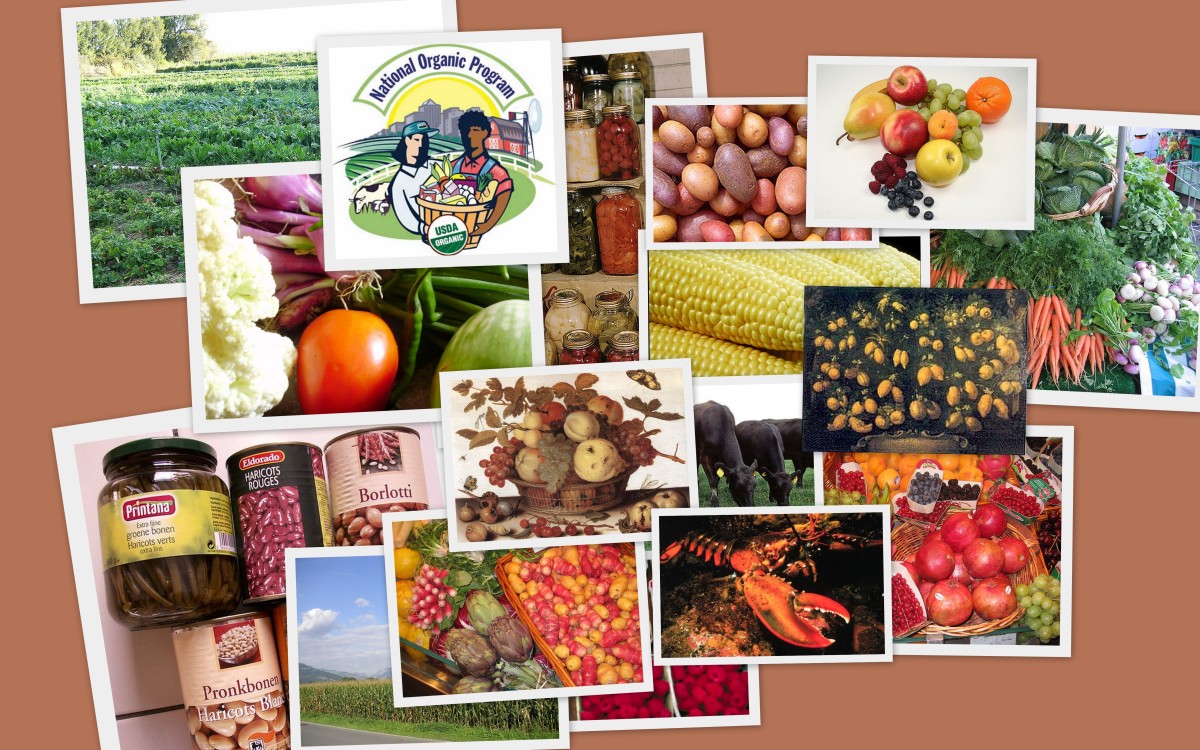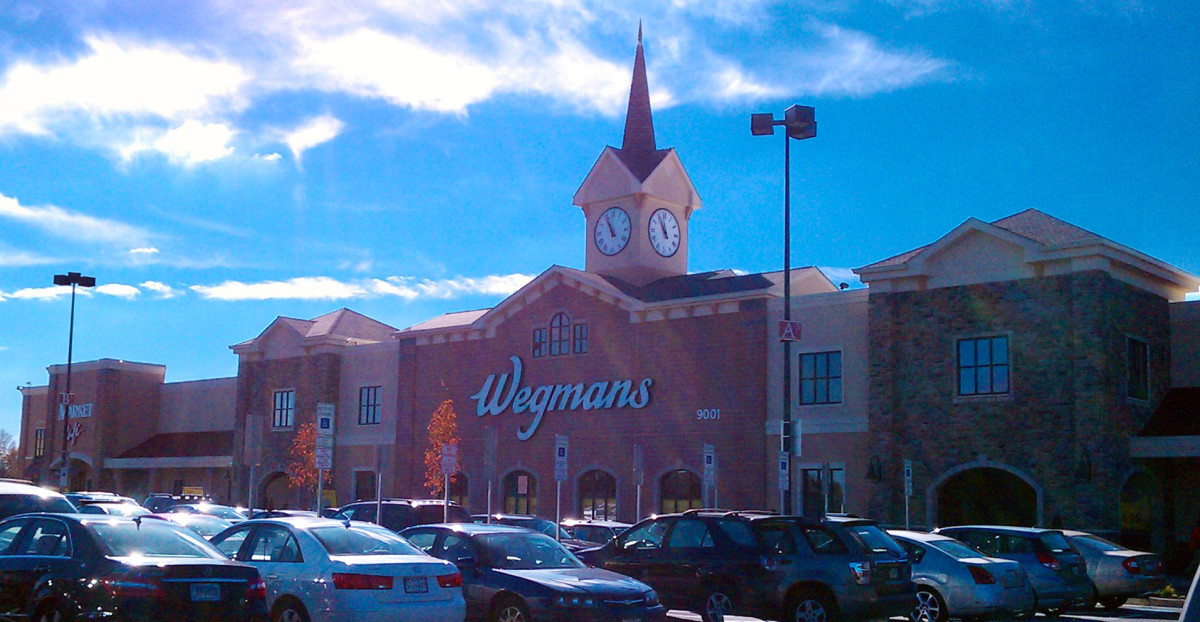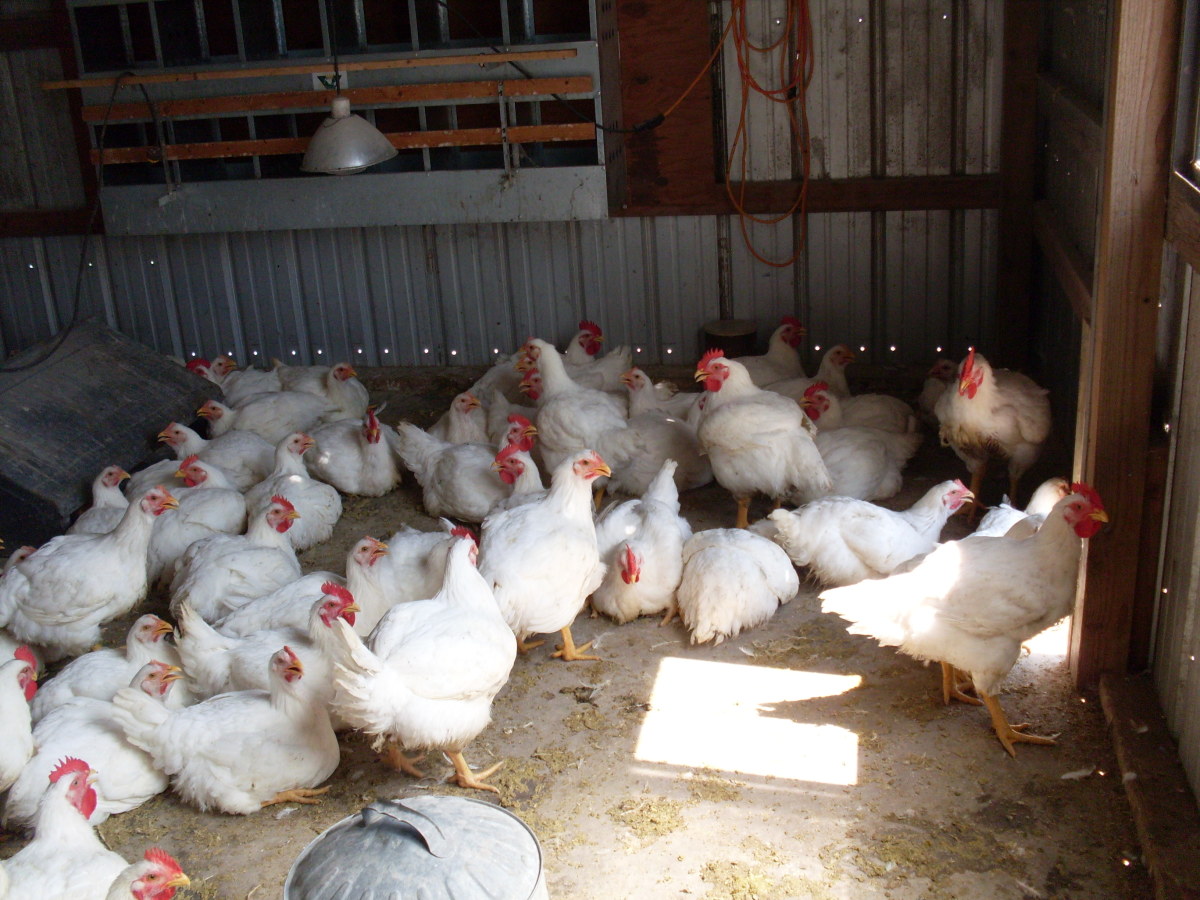Grocery Shopping: Organic Or Fairtrade, Which Is More Important?
When you're doing your grocery shopping, do you ever buy organic or fairtrade products? Maybe it would be simpler to ask if, back in more prosperous times prior to our current economic crisis, you used to buy organic or fairtrade items. Many of us are currently having to make cutbacks in our expenditure, which may involve making some hard choices as we fill up our supermarket trolleys.
Cherry Tomatoes - Fruit or Vegetable....
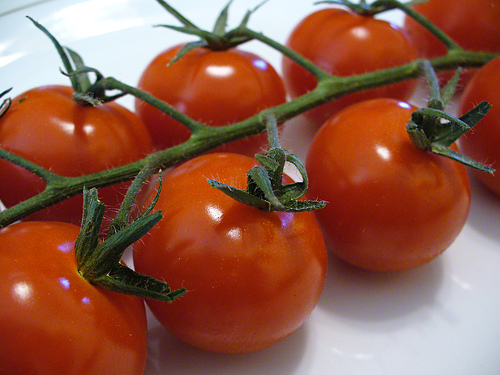
If You Can Only Afford Either Organic Or Fairtrade...
If you would normally, during economically buoyant periods, buy or consider buying both organic and fairtrade groceries, then have you stopped buying both during these fearful, anxiety inducing times? (With tales of job losses and economic squeezes abounding, after all, it may seem wiser to cut costs even while in work.) Or have you stopped buying from only one of these categores – and if so, why that one?
What Is Fairtrade Anyway?
Fairtrade products are sold with the benefit of the original producers, the farmers, in mind. They receive a fair price for their product (hence the name) and can then afford to, say, send their children to school and invest in their business. Often they come from poor countries and would not be able to afford these things without the benefits that belonging to a FairTrade organisation brings to them. Fairtrade products may also be organic but are not necessarily so.
Organic And Fairtrade Links
- Have fair trade wines come of age? | Life and style | guardian.co.uk
For any fairly traded product to be beneficial to its producers it must be top quality and competitively priced. Which fairly-traded wines are worth buying just for the wine? - Organic Recipes & More | Healthy Food Blog | Organic Eating Daily
Find recipes and articles on farmer's markets, locally grown produce, organic, raw, vegetarian and vegan eating, wine, restaurant reviews and more. - Organic food - Wikipedia, the free encyclopedia
Buy Fairtrade Products On Amazon
What Is Organic Food All About?
Organic products are farmed and produced without the use of artificial chemical fertilisers, pesticides, herbicides etc. They cannot be merely labelled as such by any farmer who considers she or he lives up to the idea of organic farming, but must adhere to a strict set of criteria and be approved by the regulatory body for organic food for the country they operate in. People who buy organic food tend to feel it has health benefits not offered by food grown by more artificial means.
Personally I am still happy to buy Fairtrade products on an irregular basis (and yes, I am looking to economise and cut down on my grocery expenditures). For one thing, I find that many Fairtrade products are pretty reasonably priced in any case: bananas are a case in point. In many supermarkets they are no more expensive than non-fairtrade bananas, which makes buying them simply a no-brainer. The same applies to a number of other items such as sugar and tea.
Other items, I find, are simply better quality if the Fairtrade version is bought. There is a particular brand of Fairtrade chocolate which is a case in point: I don't normally like dark chocolate, but their dark chocolate is so smooth and rich that it's simply delicious.
And of course the ethical considerations raised by Fairtrade are a factor also. It's certainly nice to know that your purchase isn't exploitative in any way, and that the original producer of your chocolate or chillies is receiving a fair price for his labour. I do have some doubts about 'alternative to Fairtrade' organisations and labels such as the 'Rainforest Alliance' set up by commercial organisations. I just figure, if you have ethical concerns... then why not do what it takes to become Fairtrade certificated, or registered, or whatever? I think most of us already know and trust Fairtrade products. Why set up a whole other organisation? It just brings out the cynic in me...
With regard to organic food... I can't say that I devote part of my budget to it. In fact I won't even consider an organic food purchase unless it's no greater than ten per cent more expensive than the 'regular' item. Perhaps the only exception to this rule is with animal products, since I am fairly reliably informed that welfare standards for the animals bred for organic dairy, egg and meat products are even more stringent than those for free-range products.
This isn't because I have no health concerns regarding non-organic products, but I simply don't have the slack in my grocery budget in order to be able to devote a portion of my regular expenditures to organic foods. It's a pragmatic choice: perhaps if I had children then I might prioritise organic foods higher, and I can understand those who do still wanting to buy organic goods. But like a lot of other people, now that we're all having to squeeze a penny tighter and tighter, I'm starting to look at gardening to produce some of my own vegetables as a real option. Produced without chemicals, they may not be strictly organic, but they're certainly another discouragement to making organic purchases.
So, in tight times, both economically and in terms of employment opportunities, I prize fairness and giving a fair price for value received to those who are struggling to support their families, more highly than what I must surely – looking at my choices – view as the 'luxury' concern of buying the healthiest food possible. I doubt that I'm alone on this one - a 2009 Guardian pullout on ethical living suggests that, whereas fairtrade products have robustly withstood the recession, organic products have become less of a priority for many households.1 I just hope Western organic farmers can weather a storm through the economic troubles we're experiencing!
References.
1. van der Zee, B. 'Shopping ethics: what to buy'. The Guardian. 28/11/2009: Berliner.


